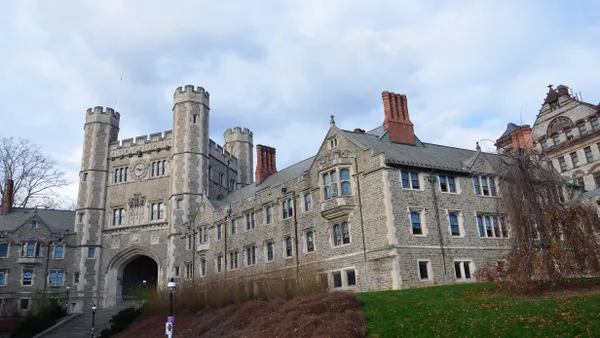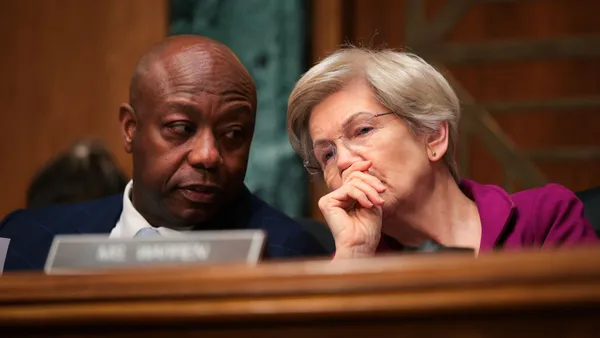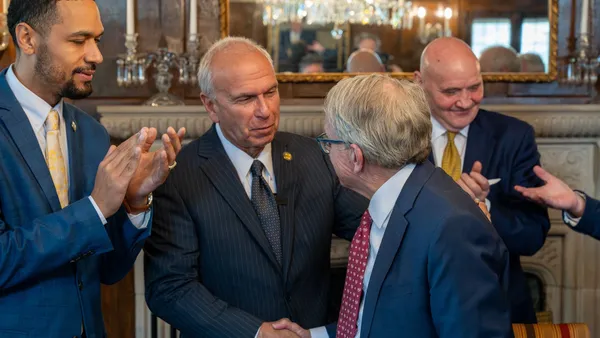Dive Brief:
-
The White House issued its final rule on overtime pay late Tuesday, and previous rumors that higher ed might be exempted from its claws did not prove true, though employees considered teachers will continue to be exempt.
-
Though the final thresholds are lower than initially projected, the U.S. Department of Labor’s higher ed guidance said institutions will have to abide by the new Fair Labor Standards Act provisions “[r]egardless of whether they are operated for profit or not for profit.”
- According to the Department of Labor’s guidance for higher ed, thresholds for overtime exemption will be raised from $455 per week ($23,660 a year) to $913 per week ($47,476 per year) in 2016. Also, the threshold for highly compensated employees, who were previously “subject to a more minimal duties test” will increase to $134,004 from the previous $100,000.
Dive Insight:
University groups previously decried “a time of limited and sometimes shrinking budgets for higher education,” and called on the Labor Department to lower the threshold and adjust for regional and sector differences. Institutions have pushed back against the significant financial burden associated with raising salaries to meet the threshold or paying overtime for additional hours worked. Though faculty members are still exempt, the status of postdocs with light teaching loads is still in question, and many support staffers are eligible for the increase.














